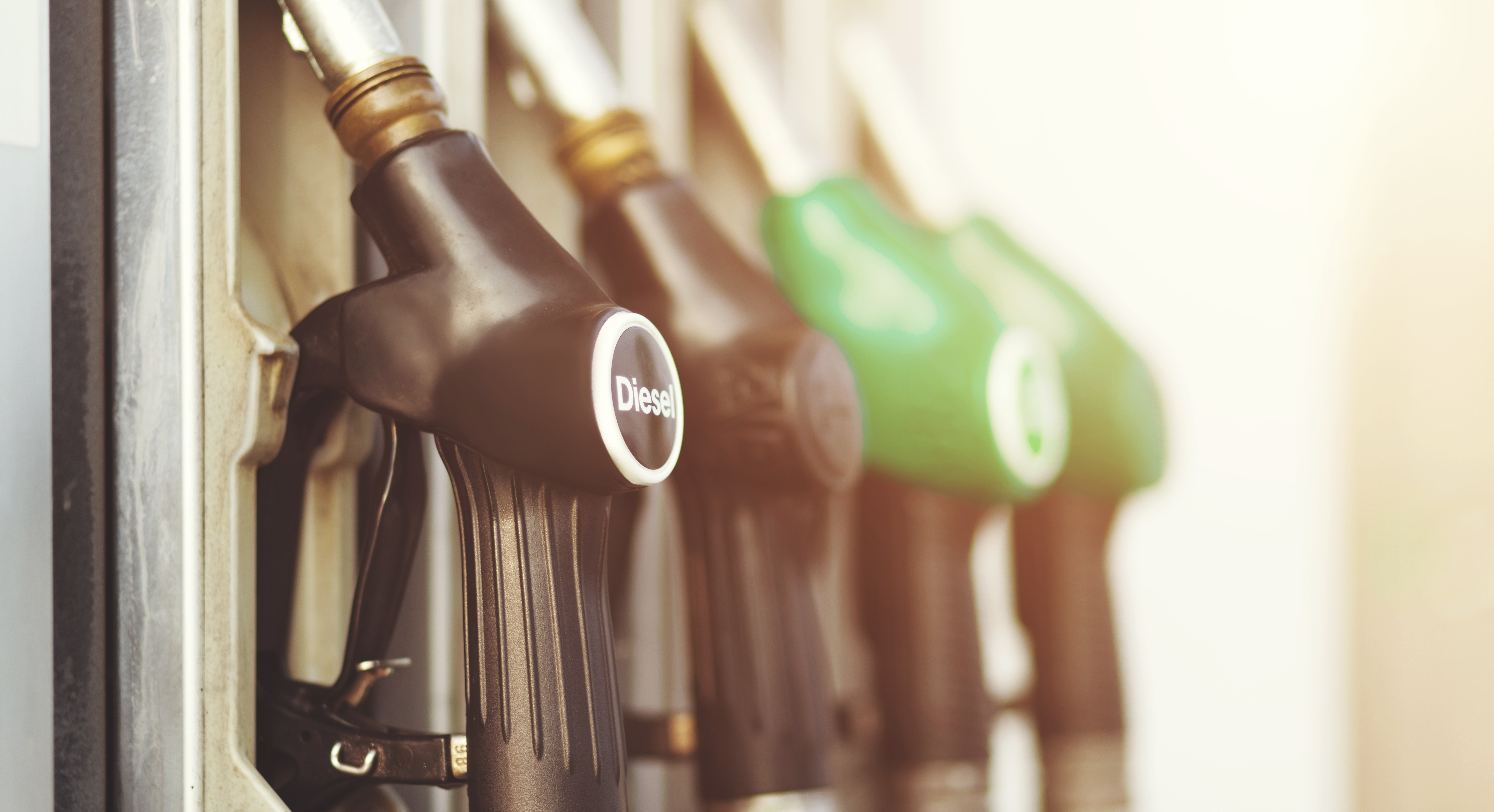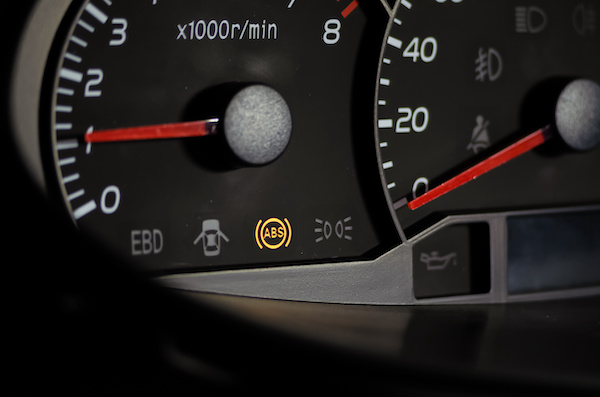Posted on 2/14/2022

If you're in the market for a new truck, one question you are probably lingering on is diesel or gas. Both have their pros and cons, but they are dependent on the driver's preference. The type of truck most suited for you will depend on your budget and how you want to use the vehicle. The two main differentiators between the two engine types are cost and power. Cost It's no secret diesel-powered trucks cost more than gas-powered trucks. According to Forbes, the difference on average is approximately $5K. Though the initial costs of a diesel vehicle are higher, the maintenance costs are drastically different. It only costs slightly more because diesel engines are less common, requiring specialized skills. However, the additional cost may be justifiable for many diesel drivers because diesel engines last longer than gasoline. Furthermore, they hold a higher resale value. Power While hauling heavy items can certainly be done with a gasoline-powered truck, a diesel ma ... read more
Posted on 1/31/2022

While not many drivers know what ABS is, it's vital to your vehicle's overall performance. Whether you drive a car, SUV, truck, or even motorcycle, knowing what it is, how it works, and what it does for your vehicle on an everyday basis can make a world of difference. For starters, ABS stands for Antilock Brake System. The concept of this was first introduced as an anti-skid system for aircraft in the 50s, so the automotive manufacturers quickly tried to find a way to make it possible in cars. By the 1970s, American auto manufacturers Ford and Chrysler made it work, and to this day, ABS is present in cars today. The ABS is part of your car's stability control system, and it is an anti-skid brake system. It was designed to assist your primary brakes and prevent your wheels from locking up in unfavorable conditions. By doing so, your vehicle's ABS helps your wheels maintain traction and adequately grip the roads. The ABS is supported by multiple ... read more